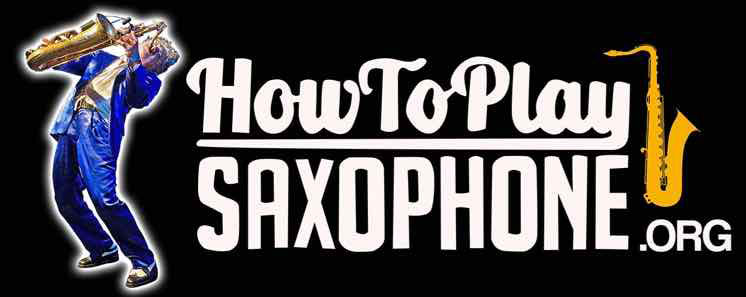Home Alt › Forums › Daily Practice Routine #1 › Scales…
- This topic is empty.
-
AuthorPosts
-
January 27, 2015 at 1:32 am #9948
Anonymous
Since last December i set aside half an hour after doing Johnny’s daily
practice routine just to practice major scales C/G/D/A/F/B/E, relative
harmonic minor scales A/E/B/F#/D/G/C, and their Arpeggios(14).
Some of the scales i practiced across 2 octaves, some by a 12th,
and some just an Octave.
I always practiced them 2 ways each with a metronome, one by memory,
and the other by sight reading. Sometimes i played them tongued,
sometimes slurred, sometimes i played them swing style,
sometimes i played soft to loud increasing volume as evenly as possible
or the reverse loud to soft, or played the scale starting at the other end.
Why just these scales – no other reason than just to manage scales up
to 3 sharps & 3 flats with the intention of adding another sharp & flat every month.
I’ve been doing this everyday for 2 months not counting illness or family interruptions.
After the scales i then practice various sight reading songs and a couple of
songs i’m learning to play.It’s only now that i am actualy starting to notice the difference in my
playing that practicing scales with a metronome has!2 months ago i would plod my way through a scale , now i can work my
way round them more flowingly.. the effects show up when playing sheet
music in these scales – less plodding around!
Doing the arpeggios is good, as i now know the intervals 1,3,5,7,12.
the 12th is just the 5th an octave higher.
The 1st 3 intervals gives the chord for a key!January 27, 2015 at 3:04 am #13462Yes and good for you, sounds like a solid routine that you can handle and is working for you! I grew up hating the metronome but was told to use it. They do make a difference. When we work without them we’re missing out.
January 27, 2015 at 4:16 am #13463Anonymous
Yes working scales for at least half an hour with a metronome, is like marching in time for half an hour,
one two three four one two three four ..So afterwards when you play a piece of sheet music, you sort of naturaly fall back into the scale beat,
without realising it.you get this in built timing clock .. like when you’ve been on a ship for a few hours and you walk onto
land you get this swaying sensation when you walk,Stop the pre-scale metronome exercises and you find yourself unnecessarily having to concentrate
more on the timing – in my case. -
AuthorPosts
- You must be logged in to reply to this topic.
